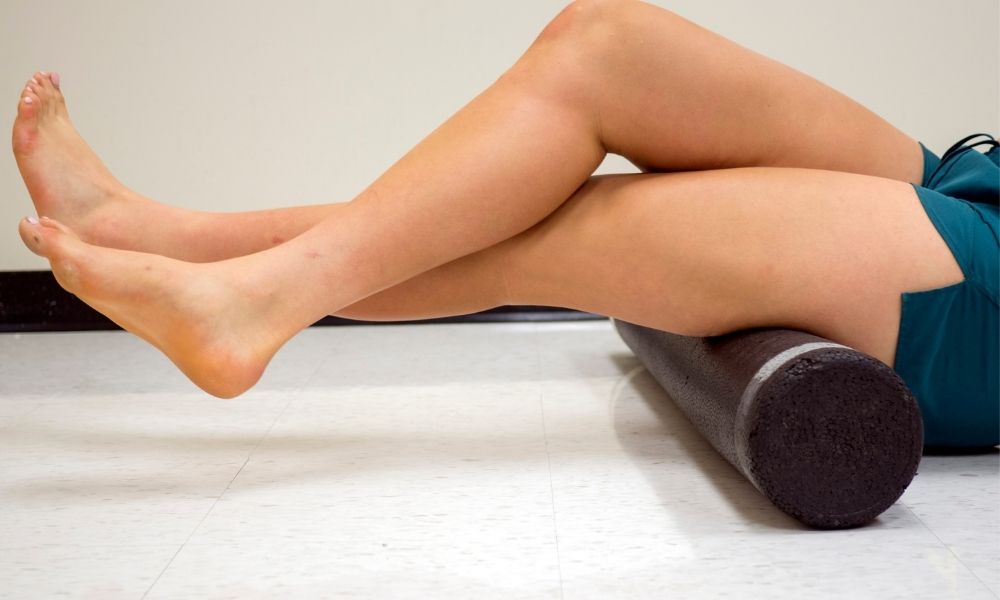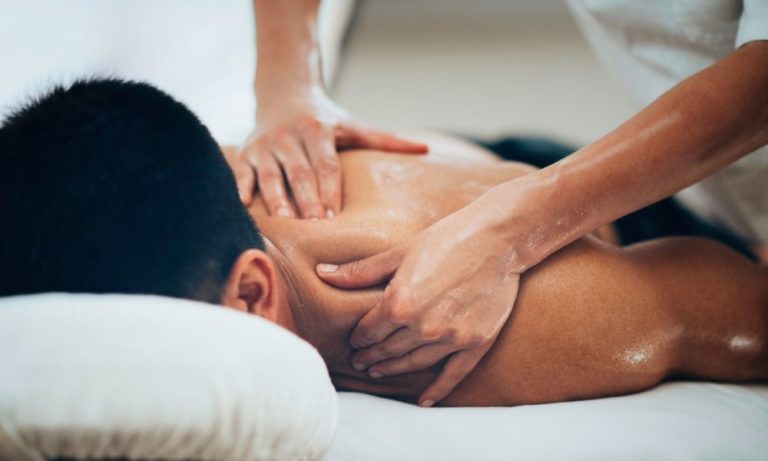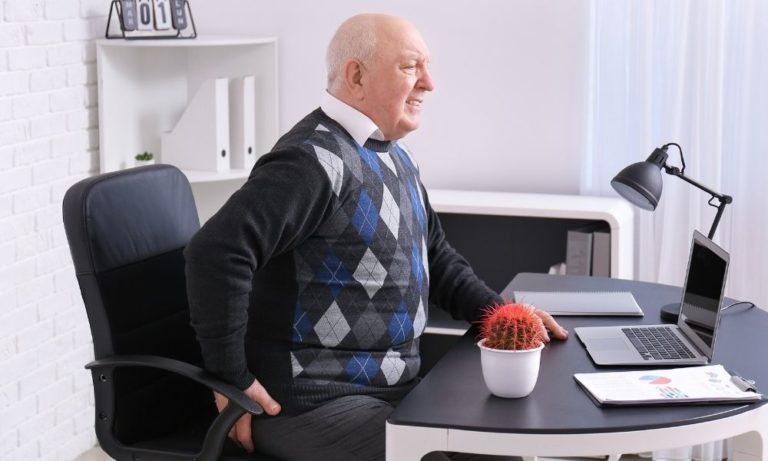To Roll or Not to Roll? That is the Question.
Foam rolling has become increasingly popular and can be a very effective tool when used regularly and more important, PROPERLY.
In previous articles I have written I talk about why it’s not usually effective to rub where it hurts in a massage. In my experience, the majority of the time where one feels pain is more symptomatic than problematic. The key to long-term results is focusing on the cause of the problem rather than treating the symptom.
Posterior Pain Often Comes From an Imbalance of the Anterior
Most people I talk to who foam roll focus all their time and energy rolling the muscle group that hurts which is typically posterior, or on the back side of the body. While temporary relief can be achieved, typically this compounds the problem making it worse.
Most posterior pain comes from an imbalance of the anterior, or front muscles. A shortness of these anterior muscles results in the pulling and straining of the opposing posterior musculature which causes pain. When this type of imbalance is occurring and a person foam rolls the posterior plane the fascia and muscles of the back are lengthened MORE which allows for further tightening of the anterior muscles and fosters a downward spiral of symptoms.
There Needs To Be Balance
Like everything you do in life, there should be a balance. If you’re going to roll your back then you better make sure that you are rolling your front. If you’re going to roll the lateral surfaces or outsides of your legs and hips then make sure you roll the medial, or insides of your legs AND groin.
If you do this, you will discover that there is tenderness in muscle groups that you never realized. Typically these surprisingly sore spots are causing the problem and should be the focus of your rolling.






